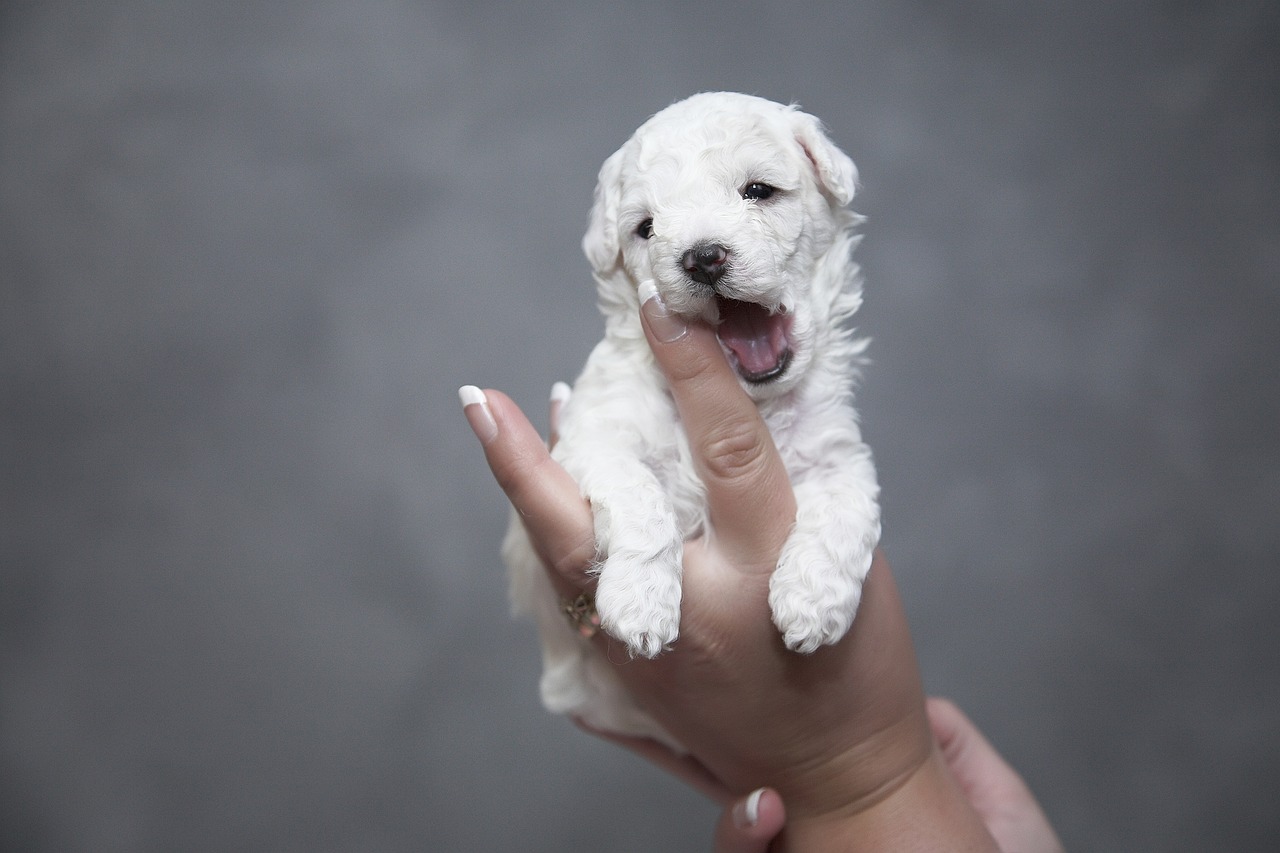Got a new puppy that seems to think your fingers are chew toys? You’re in good company. Puppy biting and teething is something almost every dog owner faces. Let’s dig into what’s behind those playful nibbles.
Why Puppies Bite When Teething
Ever noticed how puppies seem to chew on everything in sight? That’s because they’re teething. As their little teeth grow in, it can be quite uncomfortable, and chewing helps soothe the pain. Think of a puppy’s mouth as a child’s hands. They’re curious creatures and use their mouths to explore the world around them. Whether it’s a twig or a leaf, they want to taste it all. It’s natural – so let them explore, but keep an eye on what they pick up. Puppies, like kids, can get cranky when tired or overstimulated. Add some stress or excitement, and you might find their bite pressure increases. Recognizing these signs can help you handle their behavior better.
Different breeds have different tendencies. Some, like Border Collies and terriers, are naturally more mouthy. Knowing your puppy’s breed can give you a heads-up on what to expect and how to handle their specific biting behaviors. The early weeks in a puppy’s life are vital for learning how to control their bite. If they’re separated from their mom too soon, they might not learn this essential skill. Even genetics play a part, as some behaviors can be passed down from parent to pup.
How to Address Puppy Biting
So, you’ve got a little furball that loves to nibble. What now? Here’s a step-by-step guide to help you address this common puppy behavior:
- Recognize the Cause: Is it teething, curiosity, or breed-specific behavior? The first step in addressing the issue is knowing what it is.
- Provide Appropriate Outlets: Offer toys and safe chewing options. If they’re teething, something cool to chew on can be a big relief.
- Avoid Accidental Reinforcement: If you reward biting with a toy or treat, your pup might think, “Hey, this works!” Be mindful of what you’re reinforcing.
- Implement Structured Nap Time: Sometimes, a tired puppy just needs a nap. If they’re getting bitey, maybe it’s time for a little snooze in a quiet space.
- Consult a Qualified Trainer if Needed: If biting continues to be a problem, don’t hesitate to seek professional help. A good trainer can provide personalized strategies for your pup.
Remember, patience is key. Your puppy isn’t biting to be naughty; they’re learning about their world or dealing with discomfort. With understanding, consistency, and the right approach, you can guide them toward better behavior.
Training your pup goes beyond teaching basic commands or addressing biting issues. It’s a journey that fosters a strong bond between you and your furry friend, enhancing overall behavior and communication. Starting early with training is like planting a seed for a well-behaved adult dog. Puppies are eager learners, and the habits they develop early on can last a lifetime. Guiding them with positive reinforcement and clear communication can make all the difference.
Addressing biting doesn’t have to be a struggle. With the right approach, you can transform those playful nibbles into gentle interactions. Training is also a time for fun and bonding. Whether you’re working on sit, stay, or more complex behaviors, the joy of learning together builds trust and connection.
Gulf Coast K9 Dog Training provides professional training services to dog owners in Sarasota and Bradenton. Reach out today to learn more about the benefits dog training can bring to your relationship with your new puppy.





